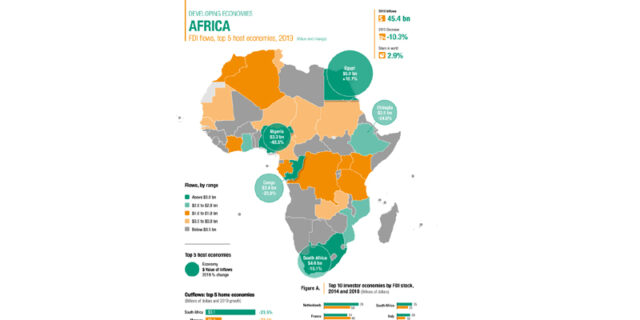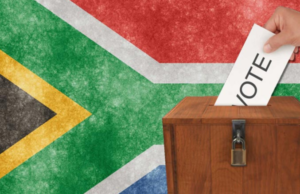
The International Finance Corporation (IFC) has projected that Africa’s internet economy could reach $ 180 billion by 2025.Thanks to the significant strides achieved in internet penetration, E-commerce in Africa also gained momentum particularly during the Pandemic.
.E Commerce in African continent has shown significant growth in the last one decade or so, thanks to the high end tele communication and ICT sectors growth in the region. The rise in mobile telephony and increased participation in the financial system has been actively helping the rapid growth in the use of the internet for purchases or payments. The strong growth in online payments or purchasing reflects reasonably strong growth of e commerce in Africa. However, Africa’s share of global e commerce transactions remained at less than 2 percent in 2020. More than 31 million online shoppers in Arica made up less than 2 percent of the global total. UNCTAD estimated that the business-to-consumer e commerce market in Africa was worth of USD 5.7 billion in 2017, amounting to less than 0.5 percent of the continents GDP and below the global average of more than 4 percent.
Despite the significant growth of telecommunication and ICT sector in Africa, substantial barriers to e commerce development on the continent remain, the most important being cybercrime, a poor legal framework to support e commerce and inadequate consumer protection. Transaction security is one of the critical concerns for the many of the African countries consuming community. Cyber crime is hard to control, given difficulties in identifying cyber criminals and lack of data or strong policy to support a strong encryption system in the ICT segment. McAfee estimates the cost of cyber crime to Africa as 0.020 percent of its GDP annually. About 80% of Africa’s personal computers are believed to be affected by Viruses and other malware. The vulnerability rate of digital infrastructure in Africa is 82 percent which is highest in the world. Moreover, the analysis of the legal framework on cyber security shows wide inequalities. Only few African countries such as Morocco, Senegal, and Tunisia, have achieved advances in e commerce in general and cyber security. These countries have promulgated laws on the protection of personal data and electronic communications, while others are yet to come out with stiff laws that can prevent cybercrimes.
Also, strong consumer protection is very critical in the development of e commerce. It gives confidence and encourages consumers to buy online. Many countries in Africa lack legislation governing consumer protection and some of the legislations in this area is poor quality. For example, the laws governing consumer protection in some African countries take in to account only the subsidiary aspects of the consumer’s rights and neglect aspects such as inability to return non complaint goods, assign responsibility for problems and identifying the relevant jurisdiction. The issues should be addressed by harmonizing the legal agendas of different countries and by encouraging new laws on cyber security, consumer protection and the development of e commerce. Countries like Algeria, Morocco, Senegal, and Tunisia can serve as models for E commerce development on Africa as they have better enforcement of laws and regulations in this filed which are comparable to the rest of the world.











